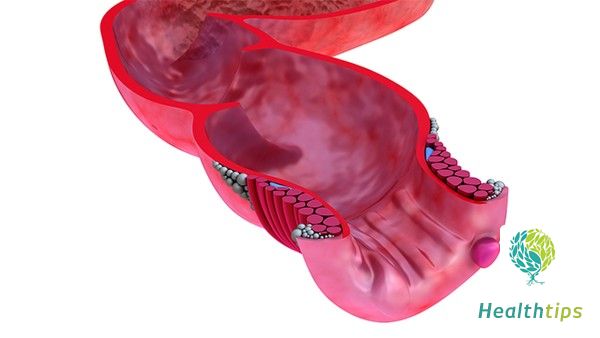Uremiais the terminal stage of renal failure, belonging to the fifth stage of chronic kidney disease. Patients with uremia will experience water, electrolyte, and acid-base imbalance disorders, as well as symptoms in various systems throughout the body. Generally, uremia does not heal itself, and it requires improvement through medication, dialysis, kidney transplantation, and other methods. Here are the details:

1.Medication: Patients with uremia may develop hyperkalemia. In this case, furosemide tablets and sodium bicarbonate tablets can be prescribed for treatment. If there is hypertension, antihypertensive drugs such as nifedipine sustained-release tablets and captopril tablets can also be prescribed;
2.Dialysis: If the patient's condition is severe and their physical condition is poor, dialysis treatment, such as hemodialysis and peritoneal dialysis, needs to be performed promptly. Dialysis can eliminate metabolic waste and excess water in the body, thereby maintaining the stability of the internal environment;
3.Kidney Transplantation: If the patient's condition is severe and they have good tolerance to autoimmune nephritis, kidney transplantation surgery can be performed. After surgery, attention should be paid to avoid infection to prevent affecting recovery;
4.Other Methods: It is recommended that patients with uremia maintain a light diet in daily life and avoid spicy and stimulating foods such as chili and Sichuan peppercorns. At the same time, they should also pay attention to getting enough rest, ensuring adequate sleep, and avoiding overexertion.

